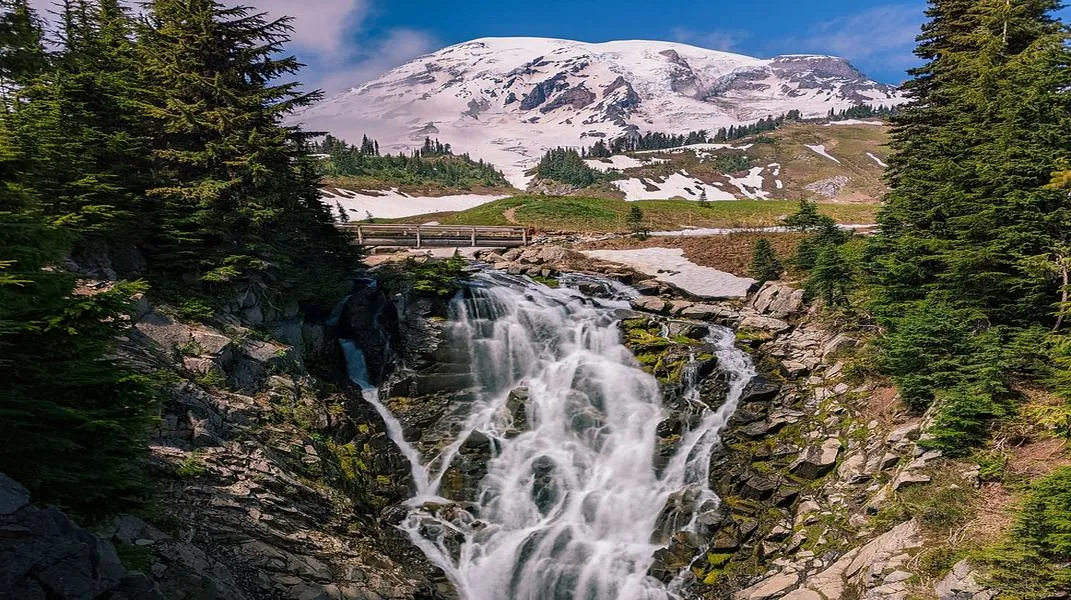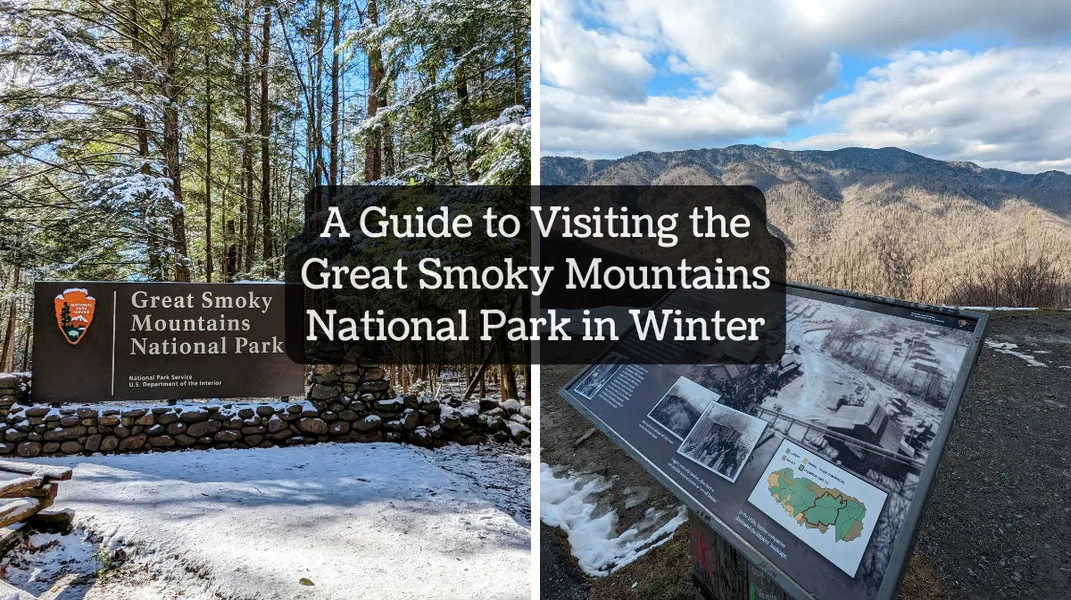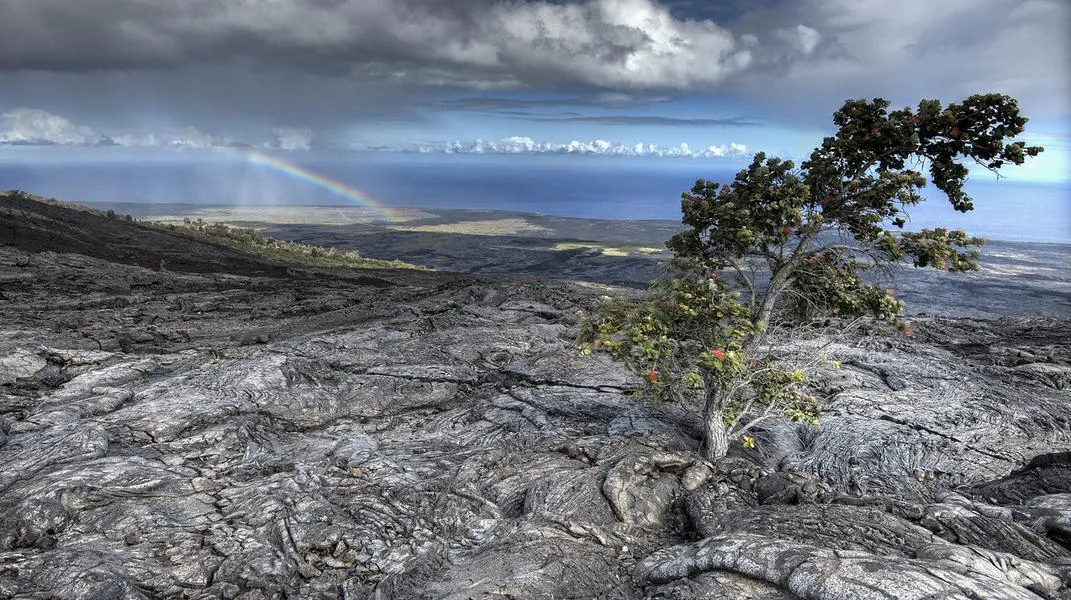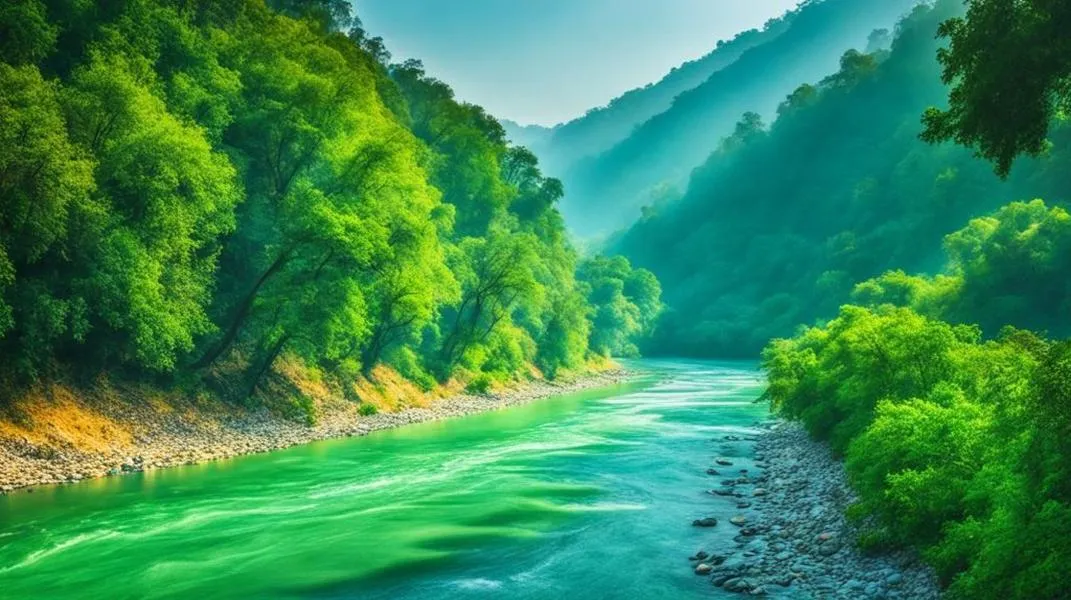Exploring Kruger National Park: A Gateway to South Africa's Natural Wonders
Nestled in the northeastern region of South Africa, Kruger National Park stands as one of the continent's largest and most renowned game reserves. Spanning over
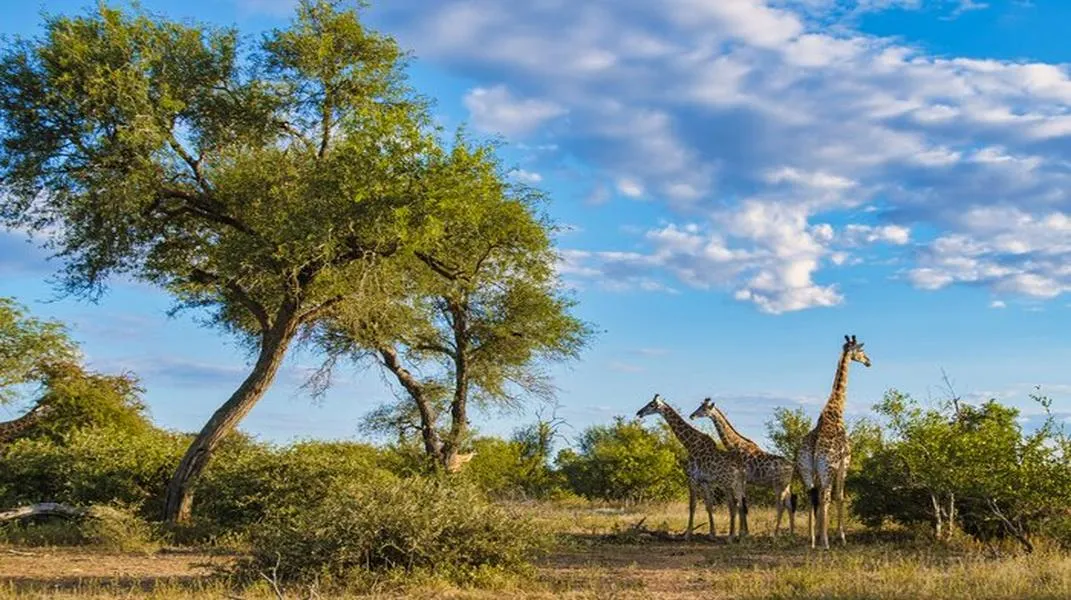
The Allure of Kruger National Park
Biodiversity and Ecosystems
Kruger National Park is a veritable treasure trove of biodiversity. The park is divided into several ecosystems, ranging from savannas and woodlands to rivers and wetlands, each of which supports a unique array of plant and animal life. The park is home to over 500 species of birds, 147 mammal species, and more than 200 species of reptiles, making it one of the most ecologically diverse places on the planet.
The varied terrain includes grasslands teeming with herbivores, dense bushveld where predators lurk, and riverine forests that provide a sanctuary for many species. The diverse flora also plays a crucial role in the ecosystem, with several endemic plant species contributing to the park's rich biodiversity.
The Big Five and More
While the Big Five are undoubtedly the main attraction, Kruger is far from limited to these iconic animals. Visitors can also encounter a plethora of other wildlife species, including cheetahs, giraffes, zebras, hyenas, and various antelope species. The park is also a birdwatcher's paradise, with species ranging from the majestic African Fish Eagle to the elusive Pel's Fishing Owl.
In addition to the stunning wildlife, Kruger boasts a wealth of plant species, including baobab trees and various acacia species. The interplay between these plants and animals creates a dynamic ecosystem that visitors can observe in real-time.
Cultural Heritage
Kruger National Park is not only a natural wonder but also a cultural landmark. The area is rich in history, with archaeological sites that provide insight into the lives of early human inhabitants. The park is home to several ancient rock paintings and artifacts, showcasing the cultural heritage of the San people who roamed the region thousands of years ago.
In addition to the indigenous cultures, the park's establishment in 1898 was a significant milestone in conservation history. The park was initially created to protect the dwindling wildlife populations from poaching and habitat destruction, and it has since become a model for wildlife conservation efforts worldwide.
Preparing for Your Visit
Visiting Kruger National Park is an adventure that requires careful planning to ensure a safe and enjoyable experience. Here are some essential materials and considerations to prepare for your trip:
1. Travel Documents
Ensure you have the necessary travel documents, including a valid passport and, if applicable, a visa to enter South Africa. Check the requirements based on your nationality well in advance of your trip.
2. Booking Accommodations
Accommodations within Kruger National Park range from luxurious lodges to more budget-friendly options, including campsites and self-catering bungalows. Popular options include:
- Rest Camps: These are managed by South African National Parks (SANParks) and offer various amenities, including restaurants, shops, and guided tours.
- Private Lodges: If you're looking for a more exclusive experience, numerous private lodges are located near the park, providing luxurious accommodations and personalized services.
It is advisable to book your accommodation well in advance, especially during peak tourist seasons (June to September).
3. Transportation
To explore Kruger National Park, you have several transportation options:
- Self-Drive: Renting a car gives you the freedom to explore the park at your own pace. Ensure you have a reliable vehicle, preferably a 4x4, as some roads can be rough.
- Guided Tours: If you prefer a more structured experience, consider booking a guided tour with a knowledgeable guide who can enhance your understanding of the park’s ecosystems and wildlife.
4. Packing Essentials
To fully enjoy your visit to Kruger National Park, packing the right gear is crucial. Here is a comprehensive packing list:
- Clothing: Dress in layers, as temperatures can vary throughout the day. Neutral-colored clothing is recommended to blend into the environment and avoid startling wildlife.
- Footwear: Comfortable walking shoes or hiking boots are essential, especially if you plan on participating in guided walking safaris.
- Sun Protection: Bring a wide-brimmed hat, sunglasses, and sunscreen to protect yourself from the African sun.
- Insect Repellent: Mosquitoes can be prevalent, especially during the warmer months, so pack a good insect repellent.
- Binoculars: A quality pair of binoculars is essential for wildlife viewing, allowing you to spot animals from a distance.
- Camera: Capture the beauty of the park with a good camera and a zoom lens for wildlife photography.
- Field Guide: A field guidebook on local wildlife or a mobile app can enhance your experience by helping you identify the animals and plants you encounter.
- First Aid Kit: Carry a basic first aid kit for minor injuries or ailments.
- Reusable Water Bottle: Stay hydrated throughout your trip by carrying a reusable water bottle that you can refill at designated locations.
5. Park Regulations
Familiarize yourself with the park's regulations to ensure a safe and responsible visit. Key rules include:
- Stay in Your Vehicle: For your safety, remain inside your vehicle while driving through the park. Only exit at designated picnic areas or rest camps.
- No Feeding Wildlife: Feeding animals can harm their natural behaviors and lead to dangerous encounters.
- Speed Limits: Adhere to the posted speed limits to protect both wildlife and your vehicle.
- Quiet Observation: Keep noise levels down to avoid disturbing wildlife and fellow visitors.
What to Do in Kruger National Park
Once you've prepared for your visit, it's time to explore the park's many attractions and activities:
1. Game Drives
One of the most popular activities in Kruger is embarking on game drives, which can be done either self-guided or as part of a guided tour. Early morning and late afternoon are the best times for wildlife viewing, as animals are more active during these cooler parts of the day.
Guided game drives offer the benefit of an experienced ranger who can provide valuable insights into animal behavior and the park's ecosystems. Night drives are also available, giving you the chance to see nocturnal species in their natural habitat.
2. Walking Safaris
For those seeking a more immersive experience, guided walking safaris allow you to explore the park on foot. Accompanied by a qualified ranger, you'll learn about tracking and the smaller details of the ecosystem that you may miss while driving. Walking safaris typically last a few hours and provide an exhilarating chance to connect with nature.
3. Birdwatching
With over 500 bird species recorded in the park, birdwatching is a rewarding activity for enthusiasts. Bring your binoculars and a bird identification guide to help spot and learn about the various species.
4. Cultural Experiences
Consider participating in cultural experiences offered by local communities near the park. These may include traditional dance performances, craft markets, or guided tours that provide insights into the history and culture of the region.
5. Photography and Scenic Spots
Kruger National Park offers many picturesque locations that are ideal for photography. Sunrise and sunset are particularly magical times to capture the beauty of the African landscape. Popular viewpoints include the Olifants River Lookout and Biyamiti Weir, where you can enjoy breathtaking views of the surrounding scenery.
Conclusion
Kruger National Park is a must-visit destination for anyone seeking to experience the raw beauty and diversity of South Africa's wildlife. With its rich ecosystems, abundant wildlife, and cultural heritage, the park offers a unique adventure that will leave you with lasting memories. By preparing adequately and respecting the park's regulations, you can ensure a safe and enriching experience in this natural wonder. Whether you’re a seasoned traveler or a first-time visitor, Kruger National Park promises an unforgettable journey into the heart of the African wilderness.

